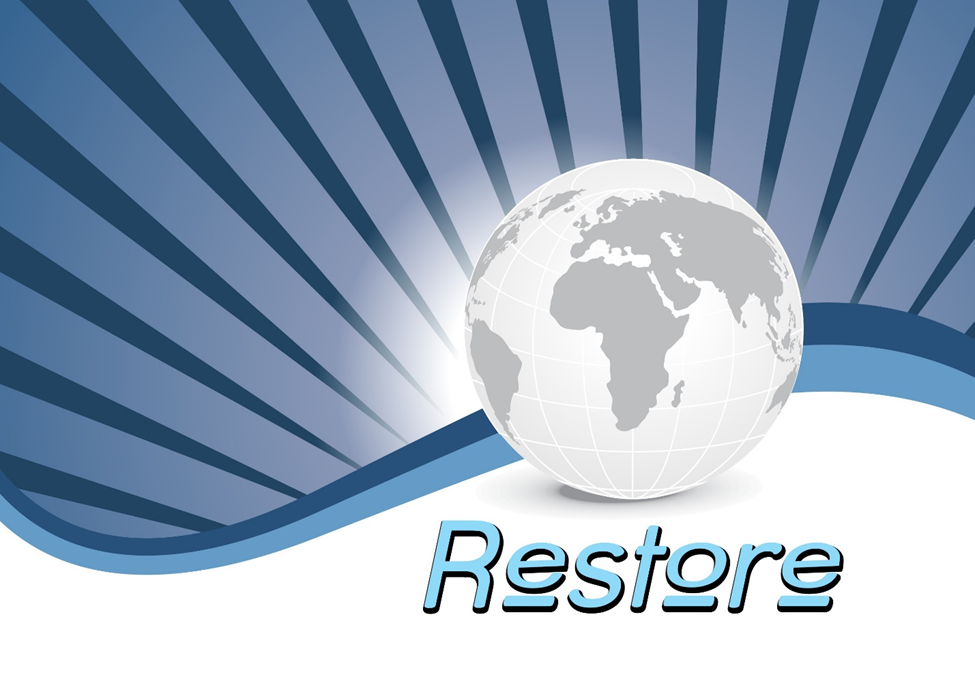Prognosticators of the future, including this one are speculating on the Post-Covid-19 world. As with every disruptive crisis, things change going forward. This one will be no different and will probably accelerate certain trends, end some and generate many new opportunities. Some industry sectors and many organizations will need to transmute the way they do business.
One thing that will not change is our dependencies on one another both for business and the global society in general. We may modify our supply chain procedures, work more remotely, change training and education processes and so forth and so one.
The use of certain information technologies and the need to protect them from maleficent (computer) viruses will most likely explode. The oil and gas sector will restructure itself as it has many times over its history. Winners and losers will emerge.
There is a major underpinning for all of this—Cross Cultural Interactions. In this new world order successful organizations (including governments) that develop and sustain a Strong Bond Governance model can thrive. Others that do not will most likely struggle. We first made this case when the oil and gas Deepwater sector was struggling post Deepwater Horizon and again during the last oil price crash.
Building a Strong Remote Working Culture and Brand
Probably the trend towards more Remote Working will accelerate after the Covid-19 crisis passes. To the extent an organization prepares its ecosystem for this transformation it may secure competitive value.
Many industrial organizations are not early adopters of technology. Their preference is to let others lead and implement later in the technology life cycle. While this approach worked for many in the past, it may not be the best strategy going forward.
In 2004, we posited that Early Adopters actually captured the most value from new technology. Integral “Calculus tells us that the area under the curve is approximately the sum of the areas of inscribed rectangles.”
Adjusted for risk, this hypothesis is supported by mathematics. Check it out, it might work for your organization.
As stated in our last blog, there are underly concerns when vast numbers are working remotely for long periods of time. One suspects there will be some media reporting on not just the technical difficulties but the human issues working remotely.
At one level, there appears to be a clash between the value of early adoption and human challenges of remote work. Management must be aware of this challenge and put processes in place to address real human concerns.
Enhanced Cross Cultural & Diversity Training
Organizations continue to be diverse including a number of cross-cultural characteristics based on geography, division, etc. Managing diversity and cultural challenges are more acute when working remotely.
To build this strong culture and be known as a ‘thought leadership’ organization requires training. As we know, training can be online and not just workshop or classes.
We humans can interact with each other in a meaningful way playing a serious game. Our Cloud based Cross Cultural Serious Game enables diverse individuals and teams to engage in real world scenarios from remote locations. We have found this type of training to be invaluable for diverse and remote team interaction.
The expected increase in organizational restructuring will lead the merger and acquisition activity in the near future. This cross-cultural training tool can add value therein as well.
How will YOU position yourself for the next step?
For More Information
Please note, RRI does not endorse or advocate the links to third-party materials. They are provided for education and entertainment only.
For more information on Cross Cultural Engagement, check out our Cross Cultural Serious Game
We will be presenting, Should Cross Cultural Serious Games Be Included in Your Diversity Program: Best Practices and Lessons Learned at the Online Conference, New Diversity Summit 2020 beginning April 5, 2020. Check it Out!!
You can contact the author as well.

